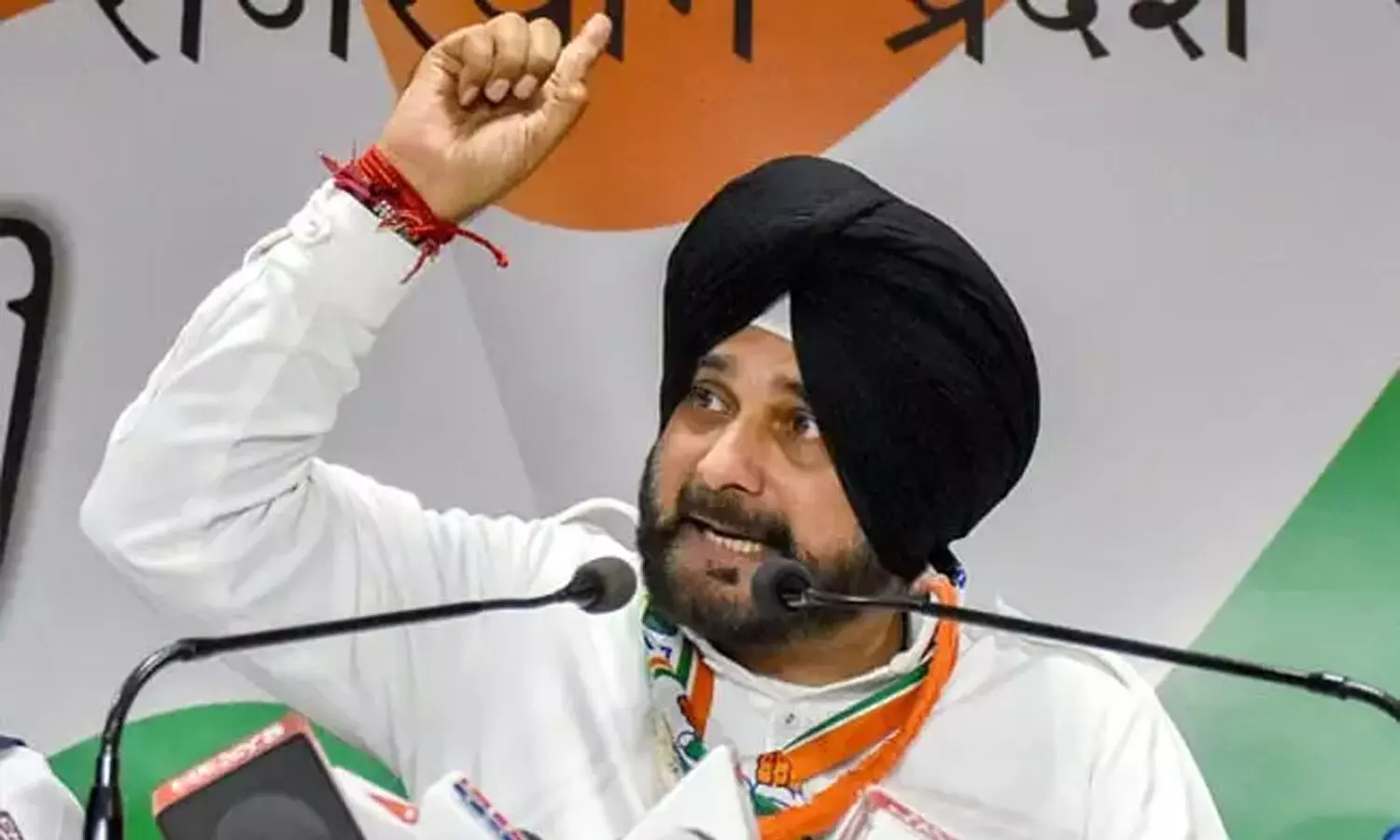TRENDING TAGS :
1988 road rage case: SC sentences Navjot Singh Sidhu to 1 year in prison
According to the prosecution, Gurnam Singh was beaten up by Sidhu in a road rage incident in December 1988, and the victim was taken to a hospital where he was declared dead
PC: Social Media
NEW DELHI: The Supreme Court on Thursday sentenced Congress leader Navjot Singh Sidhu to one year in jail in a 1988 road rage case, in which he was let off in 2018 with a meagre fine of ₹1,000. Enhancing Sidhu's punishment on a plea filed by the family members of 65-year-old Gurnam Singh, who had died in the road rage incident involving former cricketer Sidhu and his friend Rupinder Singh Sandhu, a bench of justices AM Khanwilkar and Sanjay Kishan Kaul handed out the maximum punishment to the Congress leader under Section 323 of the Indian Penal Code. The maximum under Section 323 (voluntarily causing hurt) of the IPC is a jail term of one year or fine of ₹1,000.
They challenged this in the Supreme Court, which held Sidhu guilty under the minor charge of causing hurt while Sandhu was exonerated of all charges by an order in May 2018.
On the family's review petition, in September 2018 the Supreme Court issued a notice to Sidhu on the limited question of revisiting the quantum of punishment awarded to him. Appearing for the family, senior advocate Sidharth Luthra argued that the 2018 judgment to let Sidhu off lightly failed to heed two previous judgments of the Supreme Court, which declared that intention of the accused is irrelevant when his assault causes death of a person.
Responding to the court notice, Sidhu filed his affidavit in February 2022, stating that he has had "an impeccable political and sporting career in the last three decades" and that he should not be punished with a jail term.
He added that more than three decades have passed since the date of the incident and that there were numerous cases in which the court considered fine as an adequate punishment if there has been a long passage of time from the date of offence.



